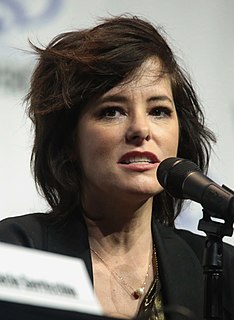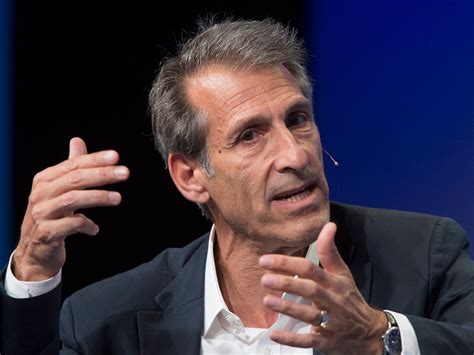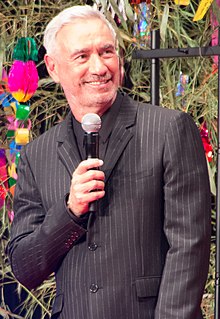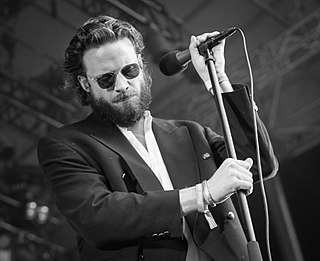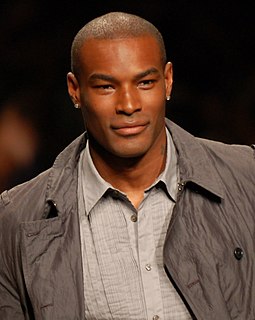A Quote by Parker Posey
People see images now more than they see movies.
Related Quotes
I like the idea of sitting in a theater with a bunch of people. With technology now, people are getting more and more isolated. I like the community coming around the story. You don't have that with a DVD. People go home, they're tired from work, they can turn it off. It doesn't make you commit the same way, if you can control the movie. More difficult movies, it's too easy to turn them off. All the time, I see movies I know if I had seen it on DVD, I wouldn't have hung with it. If you see it on the screen, you hang with it and it pays off better than a movie you can easily sit through on DVD.
In the sixties, the recycling of pop culture turning it into Pop art and camp had its own satirical zest. Now we're into a different kind of recycling. Moviemakers give movies of the past an authority that those movies didn't have; they inflate images that may never have compelled belief, images that were no more than shorthand gestures and they use them not as larger-than-life jokes but as altars.
I want people to see my movies. My talent, my sensibilities are what people want to see in the movies... While I have the talent to make the kind of movies people want to see I want to continue to do that, keep making big pictures and make what I love. I’m really just making the films I want to see. There’s not a strategy.
The movies I've done with Wes [Anderson] have a much different quality than some of the more broad comedies. But what is interesting is how many sequels I've done. I've worked with Ben [Stiller] a million times now, and this is yet another sequel we're doing. I guess we're lucky to be in some movies that people wanted to see again.
This violence is so pervasive. We see it in our schools, where we have more security guards now than teachers. We see it in California where more prisons are being built than colleges. It goes on and on. We see it in a trillion-dollar war budget, politics becoming an extension of war rather than vice versa. This violence is like a fog. It covers everything.
I mean, a lot of people don't realize it, but fashion is one of the most racial industries left out there now. Radio and music aren't. Television and movies aren't. Even commercials now are showing interracial couples. You see a lot of diversity in TV shows, but you don't see that in fashion. You think there would be some, because the consumer is of all colors and all shades. But you don't see that in fashion.
I get a lot of comics, and I can look at a comic and tell immediately whether I'll enjoy it or not. There are elements in the stories that I have no rapport with. I see dirty language, I see sleazy backgrounds; I see it reflected in the movies, the movies are comics to me. And I don't see a sleazy world. I see hope. I see a positive world.
